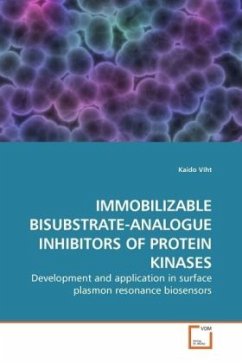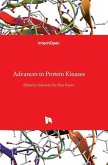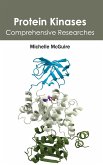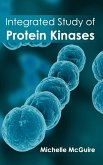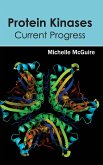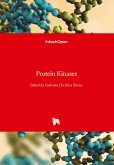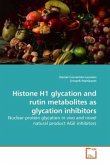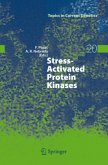During the recent 10 years, protein kinases (PKs) have become one of the most important drug targets. An increasing number of inhibitors of PKs have entered clinical trials, mostly for the treatment of several forms of cancer. In parallel with the development of inhibitors of PKs as potential drug candidates, new bioanalytical methods for their evaluation are elaborated. The Group of Medicinal Chemistry at the University of Tartu, Estonia has developed adenosine-oligoarginine conjugates (ARCs), bisubstrate-analogue inhibitors of PKs. This book presents a doctoral thesis on the development of immobilizable ARCs and their application in surface plasmon resonance (SPR) biosensors. An introductory part of the thesis gives an overview on cyclic adenosine monophosphate (cAMP)-dependent PK, PK assays, polymer-supported organic synthesis, polymer therapeutics, and ARCs. An experimental part reviews three research papers that describe a new fluorescence-based assay for cAMP-dependent PK, polymer-supported synthesis and cellular uptake of pegylated ARCs, and the application of ARCs in SPR biosensors. This book should be interesting to scientists working with PKs and bioanalytical methods.

